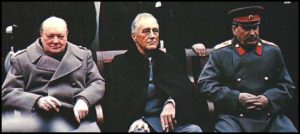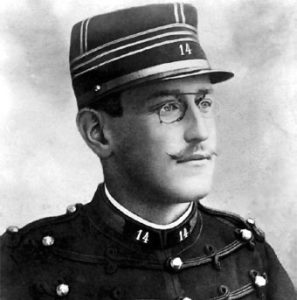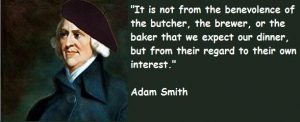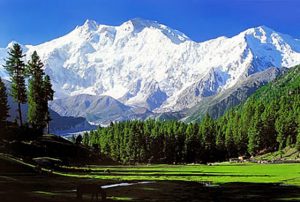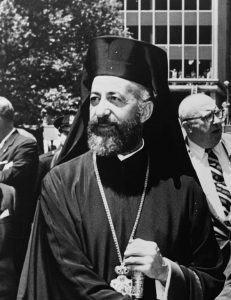The father of Winston
Few people have any other mind’s eye image of Winston Churchill than that of a very old man, with a big cigar and perhaps an even bigger ego.
But Winston too had a father, and not an insignificant one either. He was Lord Randolph Henry Spencer, third son of the Duke of Marlborough, who lived in the great palace of Blenheim, given to the family ‘by a grateful nation’ of the first Duke, with grateful thanks for his outstanding military qualities, shown across Europe in battles at Donnauwórth, Blenheim, Ramillies, and Oudenarde. John Churchill won all these, after defeated the rebellious bastard son of Charles II – The Duke of Monmouth. He had a split personality too, which he demonstrated by betraying his one-time friend, the brother of King Charles II – James II. It was Marlborough and others who orchestrated the de-throning and voluntary banishment of James, who had pronounced Catholic tendencies disliked by Marborough and other magnates. (more…)



